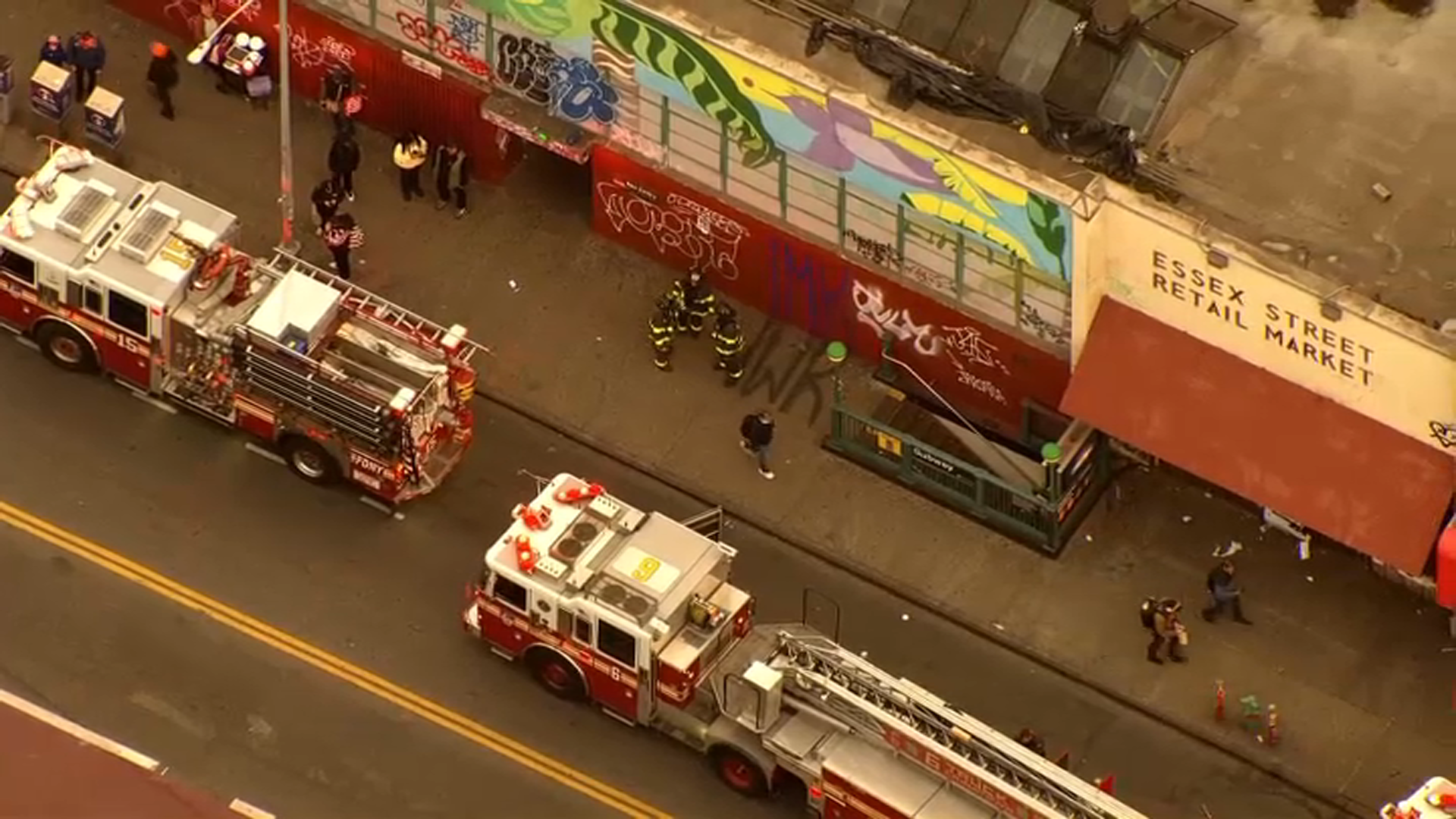What to Know
- Chief Executive Officer of the New York City Transit Authority Andy Byford revealed the proposed budget cuts on Monday
- Proposed cuts call for subway cars to be cleaned with less frequency, eliminating $4M that is spent on police overtime for fare enforcement
- Byford says that fare evasion has cost the MTA $215 million this year alone
It seems that subway trains could get dirtier, if the proposed MTA budget cuts are approved.
Chief Executive Officer of the New York City Transit Authority Andy Byford revealed the proposed budget cuts on Monday, which call for subway cars in certain lines to be cleaned with less frequency.
The proposal also includes eliminating $4 million that is spent on police overtime for fare enforcement.
According to Byford, the amount the MTA was spending on employing cops to deal with fare-beaters was deemed wasteful since the New York Police Department stopped arresting people for jumping turnstiles.
Though the NYPD has ceased arresting fare-beaters, Byford says that fare evasion has cost the MTA $215 million this year alone, with $119 million coming from the bus system and $96 million stemming from the subway system.
When it comes to bus fare evasions, the biggest spike was seen in Staten Island and the Bronx.
Local
Byford called the money lost on fare evasion a “huge amount” and said the Manhattan District Attorney’s Office's policy of not prosecuting fare-beaters was a factor. According to Byford, the current fare evasion amount of $215 million has doubled since 2015.
However, in response to the MTA's claims, the Manhattan District Attorney's Office said the NYPD continues to enforce fare evasion regulations by warning, ejecting, connecting offenders with social services, issuing civil and criminal tickets and arresting violators.
The district attorney's policy of not declining to prosecute offenders only affects criminal prosecutions following arrests.
According to the district attorney's office, its new policy allows for officers to spend more time patrolling critical posts enabling more fare enforcement.
"Manhattan’s “decline- to-prosecute” policy began in February 2018. MTA’s long-spiraling deficit is approaching $1 billion, and the reasons – debt service, declining ridership, and out-of-control costs – are well-documented," the district attorney's office said in a statement, adding that the "criminal justice system is not a collection agency."
The proposed budget cuts were revealed as the MTA considers an 8 percent toll hike -- double the usual percentage increase -- along with a 4 percent hike for commuter rail and express buses. Subway riders would have two painful options: keep base fare at $2.75 while eliminating MetroCard bonuses; or increase base fares by 4 percent, and raise the 30-day card by 5 percent.
Unhappy commuters flooded the MTA's first hearing Nov. 27 on its latest plan to increase fares and tolls to express frustration and distrust.



